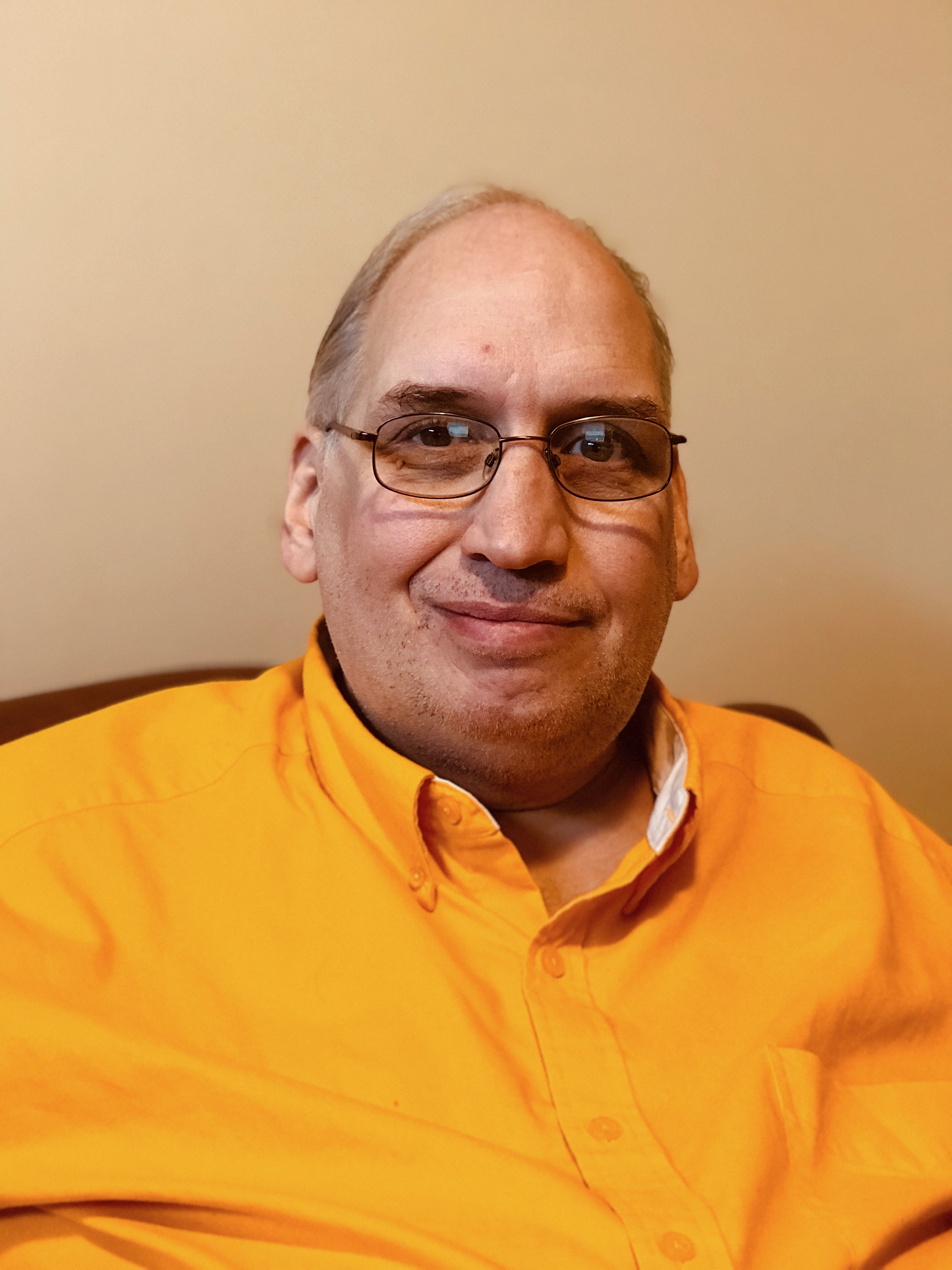There is so much hustle and bustle around us now. Between computers, thousands of TV channels and iPhones we are constantly plugged in and distracted. Plugged into everything except what matters and distracted from what matters most. It makes us fantastic consumers, but less than healthy and not long-lived humans.
So how do we break the habit that is creating so much anxiety? Big pharma has multiple answers to anxiety for us. Prozac, Xanax, Ativan….take your pick of SSRI’s or Benzodiazepines. A happy mix of pharmaceutical happiness. But you might not like the withdrawal if you stop. Irritation, anger, increased depressive episodes, all of the things you’ve been avoiding and potentially seizures and death in the case of the benzos.
Luckily for you, dear reader, your creator has endowed you with a secret gift that can reduce anxiety, increase your happiness and even lengthen your life! What is this secret gift?
How does one attain this secret elixir?
Are you ready?
Take a deep breath……
that’s it…. just breath.
It’s really as simple as that. Mindfulness is simply a matter of paying attention to the here and now. Anxiety follows that breath out of your body naturally.
Our minds cannot think about more than one thing at a time. We don’t actually multitask, we microtask. We move quickly from one thing to the next….zip, zip, zip…and our attention lands only for a microsecond before moving on until we choose to settle in one spot for a while.
With the available distractions at hand in our over-wired world, this happens less and less and anxiety and ADHD happen more and more.
When we bring our focus back to the rise and fall of our chest, stop and feel the earth beneath our feet, we gently bring the attention to one thing and stop the maddening cycle. This is mindfulness.
It’s really as easy as that to start with. The benefits of a good mindfulness practice are heavily researched and include simple things like lower risk of heart disease and stroke, reduction in anxiety, reduction in pain in the body, decreases in depression and a multitude of other benefits.
So why don’t we hear more about this if mindfulness has been around for centuries?
First, the research is just beginning to really catch up with what the monks have known for all that time. Science is confirming that mindfulness practice reduces cortisol and adrenaline levels that are extremely hard on the body’s joints and tissues and increases serotonin, oxytocin and dopamine levels (the feel-good drugs in the brain).
Then there’s the second reason. You can’t package and sell simple breathing in a pill.
As a trauma therapist who also specializes in autism, I teach mindfulness to my patients right out of the gate. It’s one of the first things we begin implementing. Out of hundreds of patients with anxiety, OCD, PTSD I have only seen it not improve treatment outcomes a handful of times. This includes many patients being able to work with their doctors on reducing medication levels, often to zero.
I’m certainly not advocating that everyone jump off their meds and start breathing. The side effects of withdrawal from benzodiazepines can be uncomfortable and even painful. What I am suggesting is that perhaps implementing a routine of mindfulness could help reduce the need for those medications which can have serious side effects and eventually get rid of them under medical supervision. I have helped more than a few patients do exactly that.
Mindfulness can be addictive as well. Here is the warning label that should be required for mindfulness programs:
WARNING: Mindfulness can be addictive and side effects are known to be: Increased happiness, lowered bad cholesterol, decrease in risk of heart disease and stroke, decrease in joint and body pain and/or longer life!
For more information about how mindfulness can begin to reduce stress, anxiety, and depression in your life and how that physically happens in the brain, you can see the video I produced as a local resource here.
Take the challenge and find a simple exercise for breathing and start your own practice this week. What do you have to lose besides your stress?


